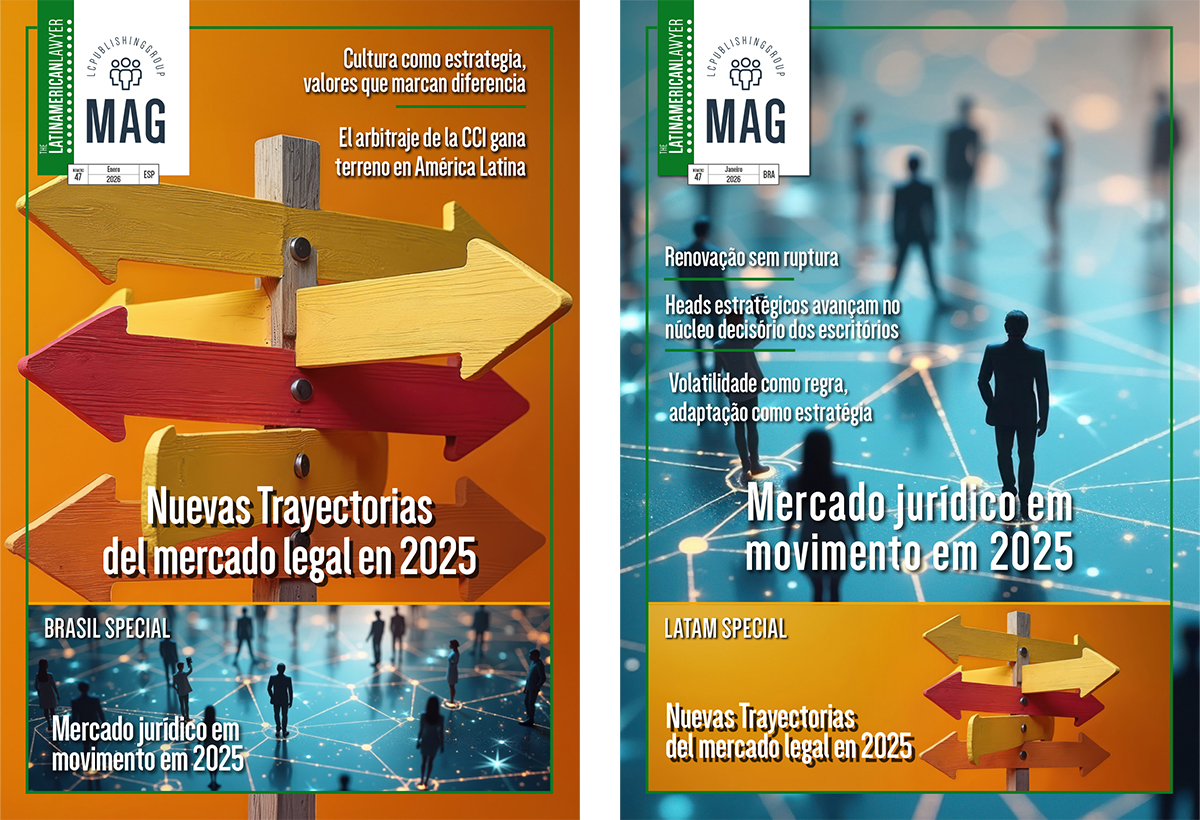Costa Rica approves new anti-corruption law

Costa Rica has enacted an anti-bribery and corruption law, as a result of recommendations made by the Organisation for Economic Cooperation and Development (OECD).
 The law was drawn up following Costa Rica’s accession to the OECD’s Convention to Combat the Bribery of Foreign Public Servants in International Commercial Transactions in 2017. The law, officially titled the ‘law on liability of legal persons on domestic bribery, transnational bribery and other crimes’ allows persons and companies to be held liable for incurring in acts of bribery, according to Juan Carlos Tristán (pictured), a partner at law firm BLP Legal in San José.
The law was drawn up following Costa Rica’s accession to the OECD’s Convention to Combat the Bribery of Foreign Public Servants in International Commercial Transactions in 2017. The law, officially titled the ‘law on liability of legal persons on domestic bribery, transnational bribery and other crimes’ allows persons and companies to be held liable for incurring in acts of bribery, according to Juan Carlos Tristán (pictured), a partner at law firm BLP Legal in San José.
“The country has reacted in a positive manner and has made relevant efforts in promulgating new regulations and providing assistance for the effective application of current anti-corruption laws. The Costa Rican regulatory framework is expected to continue strengthening itself to adjust to the highest standards on this issue. Fortunately, we are on the right track,” Tristán said.
The law also sanctions parent companies for actions carried out by their subsidiaries and affiliates.
All the offences established in the law will be subject to a penalty of between 1,000 and 10,000 base salaries, with the exception of small to medium-sized legal entities, to which a fine of 30-200 base salaries applies. In addition, if the offence is related to an administrative contracting procedure, the legal entity responsible will be subject to the aforementioned fine, or up to 10 per cent of the amount of its offer or the award, as well as disqualification from participating in public procurement procedures for 10 years.
Other penalties such as disqualification from the benefits of tax incentives or social security for a period of three to 10 years until total or partial cancellation of the operation or operating permit is enforced and, eventually, the dissolution of the legal entity, according to the law firm.
“These penalties do not exclude any sanctions against public officials or individuals, nor the possibility of demanding from them responsibility for damages caused to the state,” BLP’s Tristán said.
“A major and commendable innovation of the Law is that the penalties of legal persons may be reduced by up to 40 per cent if a series of actions and parameters that will be classified as mitigating circumstances are met. These include having independent compliance agents, having an effective anti-corruption program, and reporting internal situations/infractions contrary to the law and/or collaborating with the investigation.”
The law also proposes the implementation of anti-corruption programs, and the establishment of protocols, codes of ethics, rules and procedures aimed at preventing crimes from being committed, as well as the identification of activities, both habitual and sporadic, that increase the risk of committing crimes. Companies must also undergo an external accounting audit in order to regulate their financial controls.















